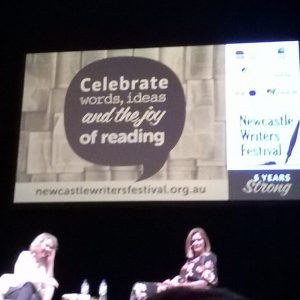 I feel like I should record what it’s been like at school in this strange time which crept up and then suddenly sprang across our usual routine so unexpectedly in Term 1. The summer holidays had been so focussed on the bushfire threats across much of Australia that news of a virus in China seemed far away, remote even. It got closer in February when the Diamond Princess cruise ship was quarantined in Japan, but it wasn’t until March that it really started affecting us in a meaningful way.
I feel like I should record what it’s been like at school in this strange time which crept up and then suddenly sprang across our usual routine so unexpectedly in Term 1. The summer holidays had been so focussed on the bushfire threats across much of Australia that news of a virus in China seemed far away, remote even. It got closer in February when the Diamond Princess cruise ship was quarantined in Japan, but it wasn’t until March that it really started affecting us in a meaningful way.
In week seven (March 9th-13th) sporting fixtures started getting cancelled and, anticipating that school closures could be on the cards, I started allowing students to borrow as many books as they liked and encouraging them to borrow whole series if they liked. Things got serious on the weekend with a staff meeting called for Monday the 16th to discuss COVID-19 and restrictions to be put in place. Notably, nothing about library operations was mentioned in the email advising staff of restrictions on sporting activities, practical activities, and gathering of large groups. I raised this with the principal citing amongst other things the recently introduced senior cooking facilities in the body of the library and the homework help held once a week. The cessation of both was announced on the 16th.
The library holds the only freely accessible printer for students and requires a touchscreen login. Monday the 16th was a busy one for assignment submission and I had no library assistant so I had to clean the printer between each use, as well as the computers. I asked the deputy whether students could be allowed to submit electronically to avoid the multiple use and having to spend so much time cleaning. She said she would get back to me.
I continued to encourage large scale borrowing believing hygiene issues at this stage were very low in handing books out (the issues would be when the books were returned) and I extended the borrowing period into the next term, in truth since it is up to us to run overdues, the due date doesn’t really matter. There will be further extending of loans and we will probably have a higher loss rate this year, but that doesn’t matter. I also hastened to increase the digital resources available. We have a small collection (120 odd) of ebooks because a larger subscription didn’t get much use (there’s lots of research that establishes teenagers’ preference for physical books), but with a possible shutdown and limited opportunity to borrow it was important to ensure provision of more ebooks to satisfy demand.












